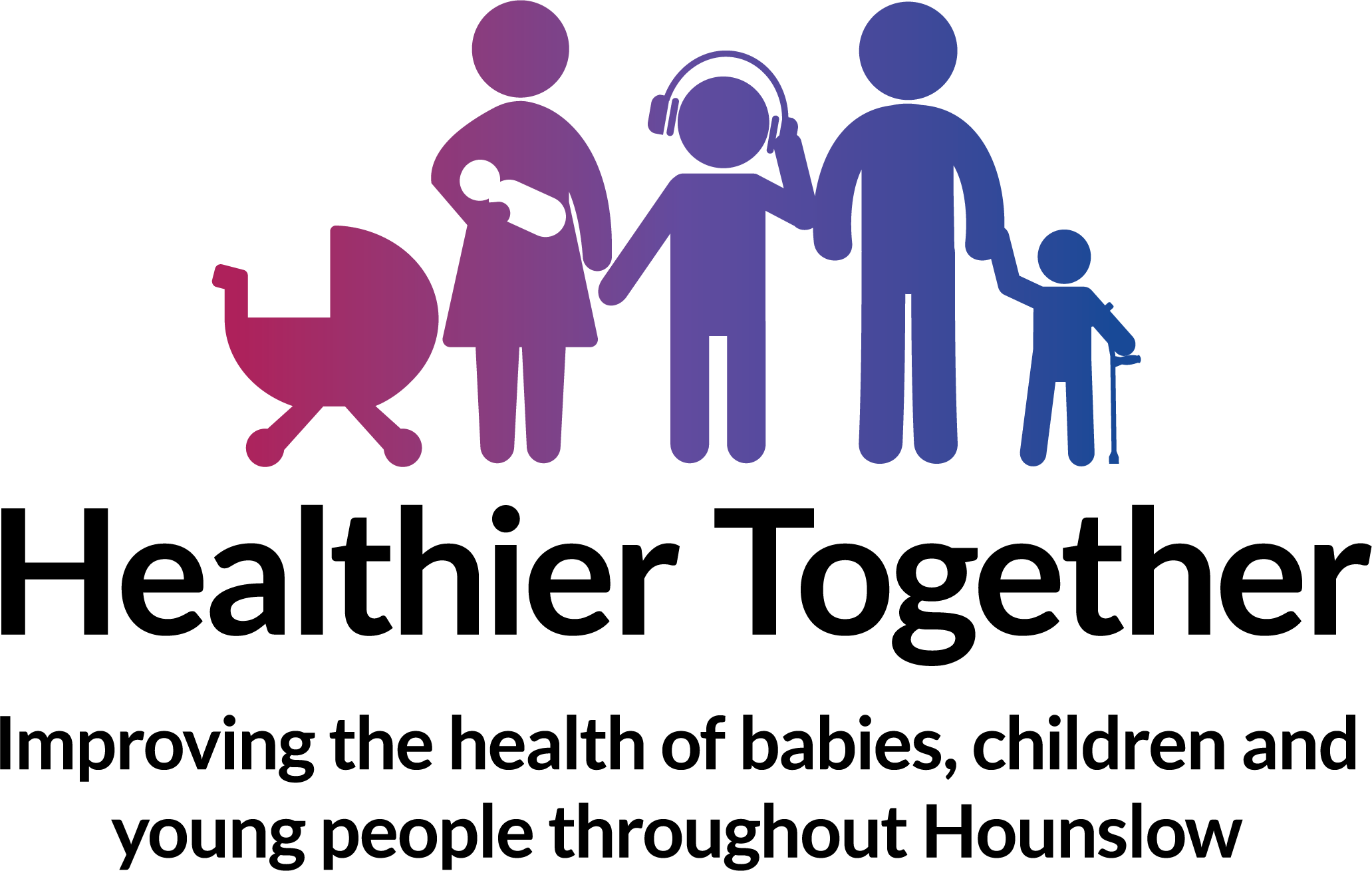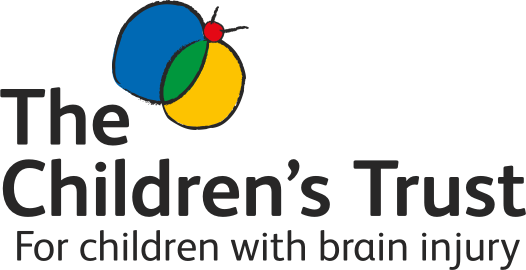Click here to view the head injury paediatric pathway.
Head Injury
Advice for professionals
When should you worry?
If your child has any of the following:
- Vomits repeatedly i.e. more than twice (at least 10 minutes between each vomit)
- Becomes confused or unaware of their surroundings
- Loses consciousness, becomes drowsy or difficult to wake
- Has a convulsion or fit
- Develops difficulty speaking or understanding what you are saying
- Develops weakness in their arms and legs or starts losing their balance
- Develops problems with their eyesight
- Has clear fluid coming out of their nose or ears
- Does not wake for feeds or cries constantly and cannot be soothed
You need urgent help
Go to the nearest Hospital Emergency (A&E) Department or phone 999
If your child has any of the following:
- Develops a persistent headache that doesn’t go away (despite painkillers such as paracetamol or ibuprofen)
- Develops a worsening headache
You need to contact a doctor or nurse today
Please ring your GP surgery or contact NHS 111 - dial 111 or for children aged 5 years and above visit 111.nhs.uk
If your child:
- Is alert and interacts with you
- Vomits, but only up to twice
- Experiences mild headaches, struggles to concentrate, lacks appetite or has problems sleeping
- If you are very concerned about these symptoms or they go on for more than 2 weeks, make an appointment to see your GP
Self Care
Continue providing your child’s care at home. If you are still concerned about your child, contact NHS 111 – dial 111 or for children aged 5 years and above visit 111.nhs.uk
This guidance was last reviewed 20/12/2024.
- Ensure that they have plenty of rest initially. A gradual return to normal activities/school is always recommended.
- Increase activities only as symptoms improve and at a manageable pace.
- It is best to avoid computer games, sporting activity and excessive exercise until all symptoms have improved.
- Symptoms of concussion include mild headache, feeling sick (without vomiting), dizziness, bad temper, problems concentrating, difficulty remembering things, tiredness, lack of appetite or problems sleeping – these can last for a few days, weeks or even months. Some symptoms resolve quickly whilst others may take a little longer
- Concussion can happen after a mild head injury, even if they haven’t been “knocked out”.
- 9 out of 10 children with concussion recover fully, but some can experience long term effects, especially if they return to sporting activities too quickly. It is really important that your child has a gradual return to normal activities and that they are assessed by a doctor before beginning activities that may result in them having another head injury
- If you are very concerned about these symptoms or they last longer than 2 months, you should seek medical advice from your doctor
- Don’t allow your child to return to school until you feel that they have completely recovered
- Do not leave your child alone after a significant head injury
- Repeated head injury during recovery from concussion can cause long term damage to a child’s brain
- Expect to stay off sport until at least 2 weeks after symptoms are fully recovered
- Always discuss with your child’s school and sports club to discuss a gradual return to full activity
For further information:
Rugby: Click here.
Football: Click here.
Visit the The Children's Trust website:



